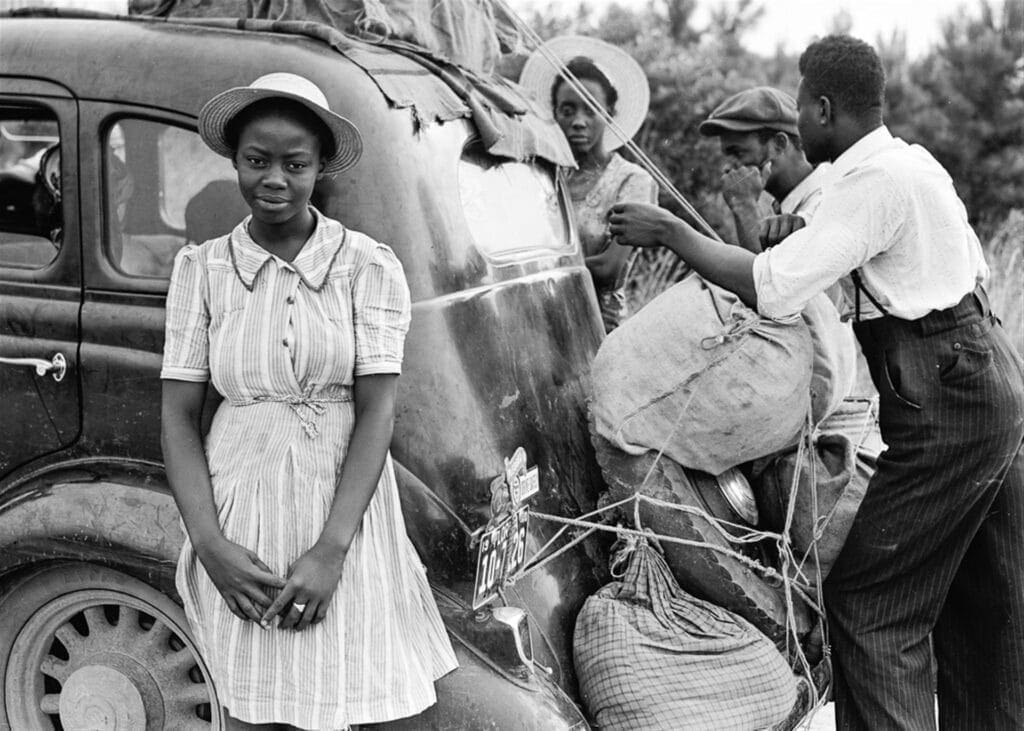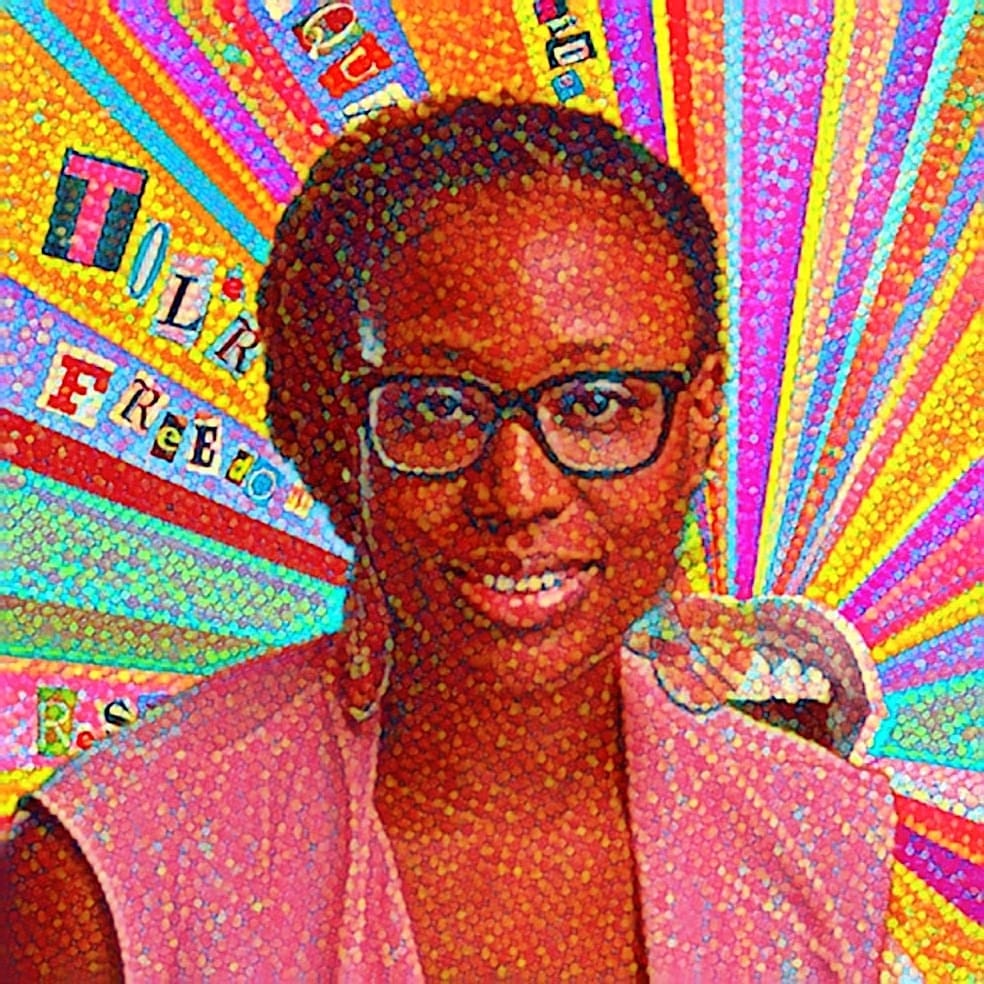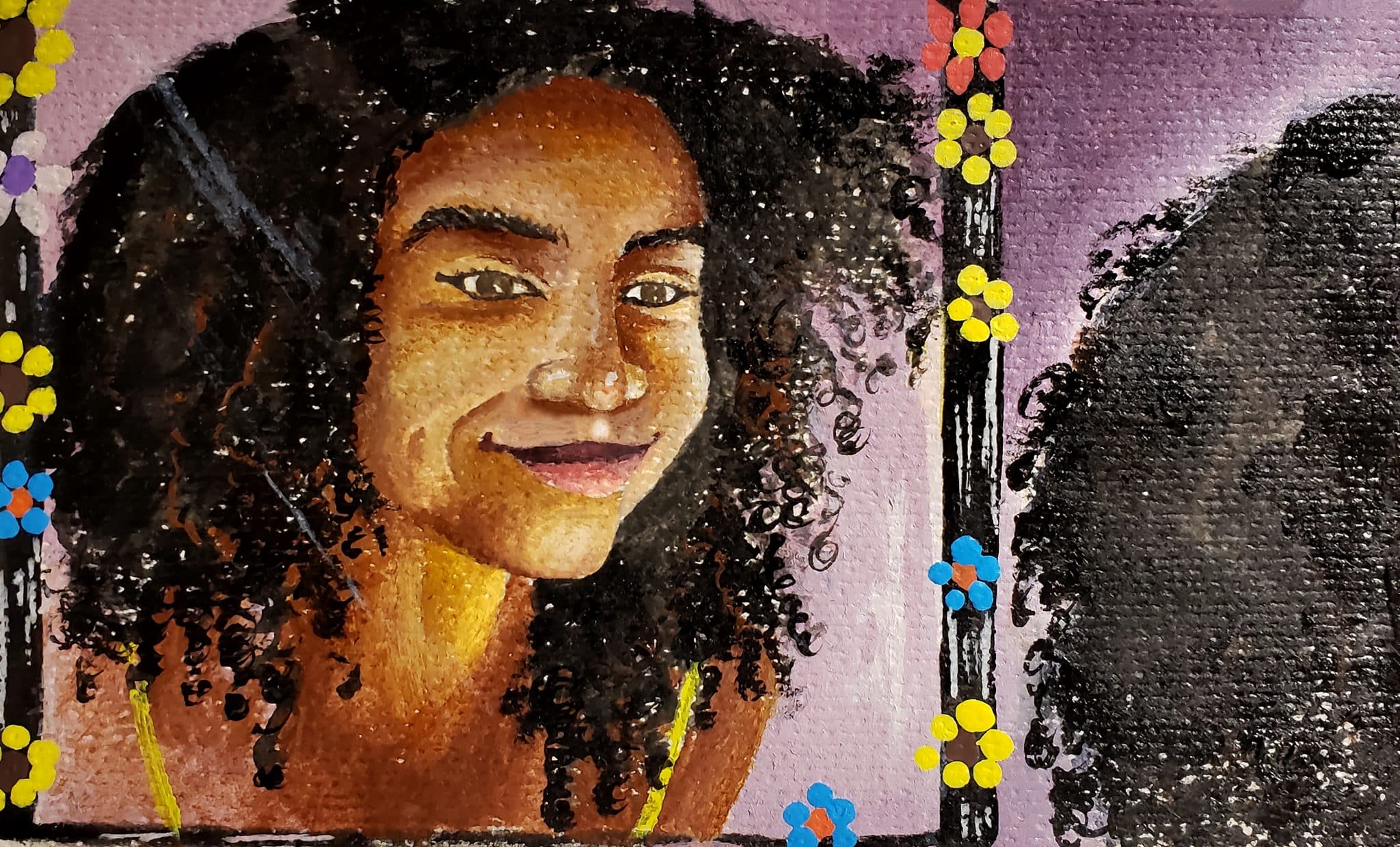“I Hate Black History Month,” Pinkie Points It Out
I hate Black History Month.
There. I said it.

It’s Black History Month 2023, and another Black man has been murdered by five police officers, all of whom are Black. Now, I’m not going to rehash the gruesome details of Tyre Nichols’ murder. I don’t have to. You already know what it looks like. You watched the disturbing video, didn’t you?
I refuse to watch it. I don’t need to see another Black man dying. And I’m not hating on you if you did. But please, I beg you, miss me with the bullshit public performance of grief.
Just nonsense!
Posting tributes to Tyre Nichols, all your heartfelt messages alongside tear drops and heart emojis, as if you didn’t just watch this man’s death on your phone in-between texting your friends about grabbing dinner and scrolling on IG to find tickets to Beyonce’s Renaissance Tour. Side note: Not hating on Beyonce at all!
Same thing with the death of George Floyd. Changing profile pictures to BLM and posting trendy sayings while sharing the video of this man’s death with your Twitter followers and your Facebook friends. Oh, what a feat it must have been to pause flexing and taking selfies of your new outfit or hairdo in order to find the perfect meme to express your sadness at Nichols’ death. The casualness of Black death is disturbing!
So, yes. I. Hate. Black. History. Month.
I hate that there’s a video of the death of a Black man widely circulating on the Internet right now. And I hate that you’ve shared it with all your connections, from your Big Momma in St. Louis to your third adopted cousin in Florida. I hate that his Black mother is already being blamed for his death and that her grief will be nearly impossible for some to see. I hate that we have been so desensitized to the level of violence in this society that we will repeatedly watch the actual demise of a human being in all its ghastliness . . . and not see a problem with it.
What do you actually get from watching the video? Black people dying at the hands of police or authority figures is NOT NEW. Black people dying at the hands of other Black people is NOT NEW. The public spectacle of Black death is NOT NEW.
For some, it is shocking that Black police officers would do something like this. Why the shock? We all learn to police Black bodies, that they are dangerous and in need of submission and control. And we learn that Black bodies have no value. We can see this from the officer’s behavior: They knew better than to try that shit on a White motorist! Simone de Beauvoir says: “The oppressor would not be so strong if he did not have accomplices among the oppressed.” Where’s the lie?

So, yes. I. Hate. Black. History. Month.
And I’m hopeful, that in time, you will come to hate it too!
Featured image by Jack Delano, public domain, from the Library of Congress
Dr. Renata Ferdinand is Professor and Chair of the Department of African American Studies at New York City College of Technology in Brooklyn, NY. She writes autoethnographies that explore the complexities of the lived experiences of Black women and girls, from how race and gender impact experiences within the healthcare system to colorism, racial stereotypes, and Black women’s identity. Her work has been featured in several outlets, including Cultural Studies + Critical Methodologies, Journal of Health Psychology, The Popular Culture Studies Journal, to name a few,and within several edited volumes, including International Perspectives of Autoethnographic Research and Practice, Blacklove: The Intimacies and Intricacies of Romantic Love in Black Relationships, and Space and Culture: The Journal. She has given several talks on Black Motherhood Studies and Black Girlhood Studies and was recently featured as a literary expert for the article, “Reblazing Saddles: Who Shapes the Wild West Lit Canon?” for Bitch: Feminist Response to Pop Culture. She is the recipient of the 2018 Ellis-Bochner Autoethnography and Personal Narrative Research Award from The Society for the Study of Symbolic Interaction (SSSI) of the National Communication Association for best published essay. She serves as an expert reviewer for several publications and is currently an editorial board member of the Journal of Autoethnography. Her book, An Autoethnography of African American Motherhood: Things I Tell My Daughter is newly released (Routledge, 2021).












